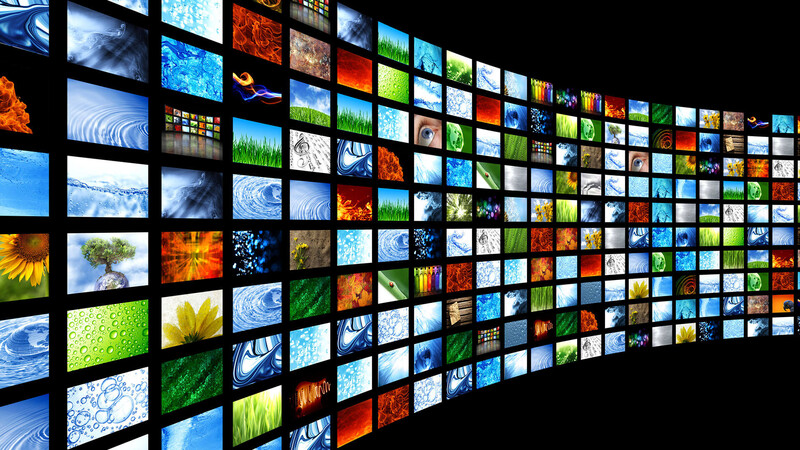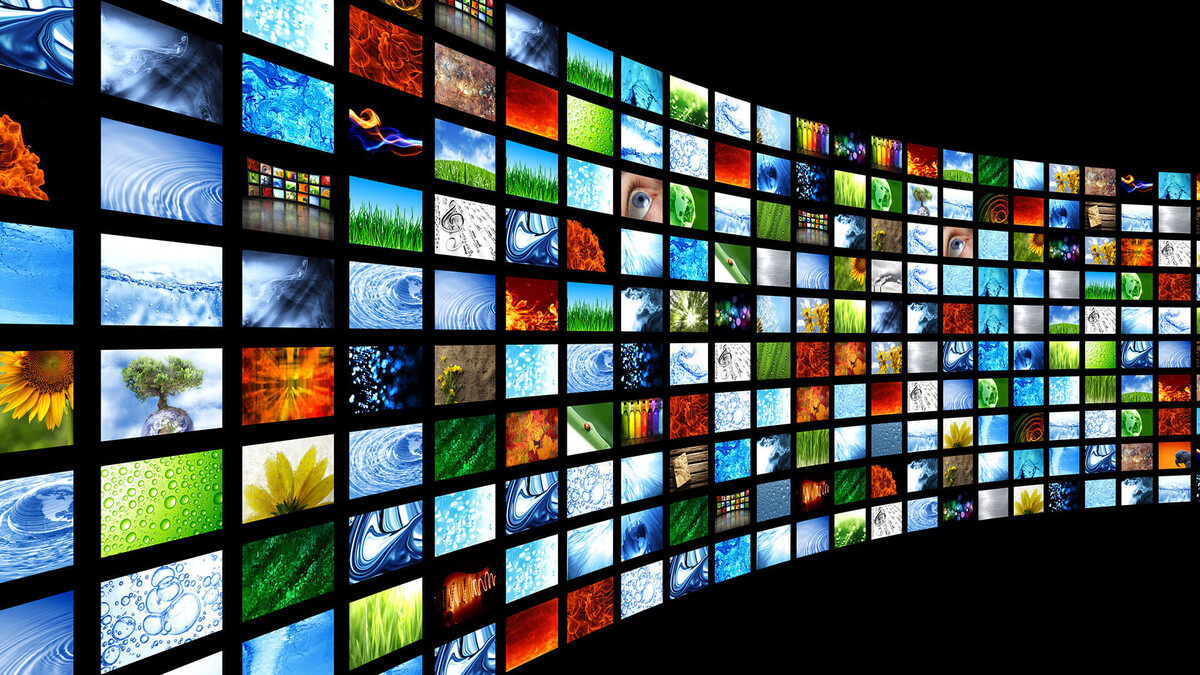Piracy and Its Split Personalities
+ Add to Google News
- -
- en
- John Doe
- 5 years ago
- 2020-12-18 08:00:00
- comments
- : 9 minute 26 secunde
- image: Google images
James Williams writes: "It seems like no matter where I go, I hear people talking about piracy and its destructiveness. There seems to be a general consensus that piracy is harmful to the industry. It's easy to understand why people share this view, since on the surface, piracy seems to lead to lost revenues. However, I've looked into the problem at a deeper level and come to the conclusion that piracy is actually quite beneficial. How, you ask? Well, keep reading."
Myths
First, let's consider some arguments people have about piracy. They call it stealing, because you are taking something you didn't pay for. What I find ironic about this is that outside the field of software, music, and movies, copying a company's product is typically considered acceptable. If I sew my own clothes and grow my own food, nobody will accuse me of stealing from the fashion designers and the farmers. Yet the result is the same -- I'm creating something for myself instead of paying money to the people who normally provide it. "But you didn't write the software," I hear you exclaim. That's true, but I didn't design the clothes I wear, either. "But sewing your own clothes and growing your own food takes considerable time and expertise. Copying software is as easy as clicking a couple icons." Again, true, but the process of copying something is unimportant. Only the end result matters. Do you think if I copied a piece of software in a way which required considerable time and expertise, it would be acceptable? I didn't think so. "But the cost in software is in the development, not the materials it's distributed on." The same can be said for most things in life. You can't honestly tell me it costs $40 to produce a pair of jeans, or $20,000 to build a car. The design is the primary cost in these items as well.
The benefits
Now, allow me to move on to the most ironic part of all this. What most people fail to realize is that piracy actually earns companies more money. Imagine that there is a new computer game on the market. You will probably become aware of it in one of four ways:
- You walk into a computer store and see it on the shelf.
- You see an advertisement for it in a magazine, TV, etc.
- You read a review about the game.
One of your friends who has the game tells you all about it, and maybe even lets you play it.
Take a look at the four choices. You've probably learned about products through each of these ways. Which one has the strongest impact on your desire to acquire the game? I bet it's number 4, isn't it? In fact, I wouldn't be at all surprised if you can remember a time when a friend showed you a game or other product, and you were so impressed, you ran out and bought yourself a copy. This kind of impression rarely comes from the other three choices. Of course, you probably didn't really run out and buy a copy of the program. Your friend made you a copy of his, right? But what if he was unable to at the time? What if you had to wait a week or more before he could get you a copy? If your friend sold you on the game as well as my friends often do on me, you wouldn't want to wait a week. So, you run out and buy a copy. Or maybe you're just really honest and bought yourself a copy because it was "the right thing to do". Either way, you end up paying for your copy.
Okay, so your friend has convinced you just how badly you want this game. But what if there were no piracy? Your friend wouldn't have had a copy to show you, since he pirated his copy from a friend, who in turn pirated a copy from someone else, and so on. Let's assume that 95% of the copies of this game are pirated. The game makers will scream bloody murder, saying they lost 95% of their potential profit to piracy. Of course, anyone who has thought about it for more than 2 nanoseconds will realize that of the 95% of the population that pirated the game, only a small number of them would have actually bought the game if they couldn't have gotten it illegally.
If there's one thing piracy is good at, it's at spreading popularity of a product to as many people as possible. Countless numbers of people will become aware of a product when otherwise they would have simply looked past it. Piracy is crucial to the success of virtually any product. If a product is of good quality, the piracy will increase. Once the product has been distributed widely enough, it's inevitable that people everywhere will be talking about it. All this talk, also known as "buzz", drives up the interest in the product from people who don't have their copies yet. These people can try to find a friend who has a copy to give them. But, as is often the case, these people won't be able to find anyone who can give them a copy, so they are forced to either buy the product or do without. Because of the buzz, the desirability of the product is increased, and people like these will be more likely to choose to buy it. Think about stuff you've bought. Aren't you more likely to buy something that everyone's talking about? Yep, me too. Let's consider the game I mentioned previously. Suppose the game was popular enough to spread 20 million copies through both sales and piracy. If the game was not pirated, only the people who saw the game in the store, ads, or reviews would have bought the game. Because there are fewer people with the game, there is not nearly as much buzz, leading most people to overlook it. In the end, the game sells 20,000 copies. Compare this to the original scenario, with 20 million copies. Even with the piracy, the game still sold a million copies. In my book, that's quite a difference.
Yes, I can hear you now. You're saying this is all speculation, and that there is no way to know how many copies would really be sold without piracy, and there is no way to perform a scientific study because there is no way to control piracy to get accurate results. I disagree, of course. Consider programs that come with some form of copy protection. They never seem to sell as well as those without. Most people attribute it to the inconvenience of the copy protection schemes. But if you have a game of truly excellent quality, you're likely to overlook the inconveniences to get to it. I tend to believe that the primary reason for the poor sales is that the copy protection actually works to some degree, limiting the number of copies floating around. Naturally, for every copy protection scheme invented, someone writes a crack program to get around it. But not everybody has access to these cracks. Because of the reduced amount of piracy of these programs, they generate less interest from the public than software that is widely pirated, and that, I believe, is the reason copy protection reduces sales.
The MP3 revolution
Let's take a step away from software piracy for a minute, and look at the piracy of music. The RIAA is screaming about people stealing music, and they like to quote Napster as being the reason for countless millions in lost revenue. If you think about it, Napster is little more than a means of distributing music to the people who like to listen to it, even though they haven't paid for that music. I can think of another medium which does the same thing, only on a scale many orders of magnitude larger. It's called radio. The radio stations broadcast music to hundreds of millions of people around the world who also have not paid to hear the music. Yet nobody has a problem with this. There seems to be a double standard in here somewhere. I know, I know; with the radio, you only hear songs that have been released, and you only hear them when the disc jockeys decide to play them. But the songs people want are generally the ones on the radio, and if people agreed to only play the songs they pirate a few times a day like the radio does, do you really think the RIAA would stop their complaining? And besides, nobody seems to have a problem if I record a song from the radio onto tape. What's that you say? The quality isn't as good that way? Does that mean low quality mp3s would be considered acceptable? No, I don't think so either.
Now, let's take this a step further. Imagine if broadcasting music on the radio was suddenly considered piracy. All of a sudden, the only music you would get to hear would be either music you buy at the store or something someone pirates to you. Would you buy an album if you'd never heard any of the songs on it? I wouldn't, and I don't know of anyone who would. Without the radio, music sales would dry up almost overnight. But, thanks to the radio (which might be considered the largest source of pirated music), we can hear the songs we like, and then head down to the local record store and buy them. The benefits of piracy kind of make sense when you look at them this way, don't they?
I happen to be in a position where I depend on mp3s to hear new music, simply because none of the radio stations around where I live play my type of music any more. There used to be three of them, but they have all changed format since then. I can honestly say that being able to hear my music through mp3s on the Internet has led me to buy more than one CD. That's money I would have spent elsewhere otherwise. And the result of all this is that everyone comes out happy in the end. I will admit, of course, that I don't buy the CDs for every song I download, just as I didn't buy CDs for every song I used to hear on the radio. But at least I buy something, and I firmly believe I'm not the only person on this planet doing this.
Statistics seem to back me up. The RIAA reported sharp profit increases in 1999 during their fiasco with the mp3 movement. When cassette tapes became available for the first time, the recording industry protested, saying they would lose money to people copying the music. The invention of the cassette tape actually gave their profits a boost. The story for VCRs and the movie industry reads about the same way. What we have now with mp3s is simply another format for recording music. The recording industry made a huge profit from tapes because they finally embraced the technology instead of fighting it. Even though they are already making incredible profits in the middle of their battles with mp3 music, they stand to make even larger profits by embracing it.
To recap: Piracy is good for business primarily because it spreads awareness of a product to the largest number of people possible. Companies who fight it often find that their efforts do more harm than good, and the more severely they strike out against the pirates, the more they find themselves adrift in bad PR. Oftentimes, a company's attempts to silence the voices it opposes only cause those voices to grow louder. As the media latches on to the struggle, people are forced to take sides on the issue. The end result is acceleration of the process and proliferation of the information the company wanted to keep quiet in the first place. Remember DeCSS? Do you think it would have become so widespread or as widely known if the MPAA had left it alone? I suspect that few people would even know what DeCSS is had that been the case. Even though DeCSS really isn't about piracy, the results are the same. We are seeing the same ripples in the mp3 arena, where it really is about piracy. So until the people in power come to understand the positive benefits of piracy, we can only expect to see the battles continue to rage on. Oh, and the next time you feel like retaliating against a company by mass pirating their stuff, just remember that you might end up helping them more than hurting them.
- powered by Verysign













